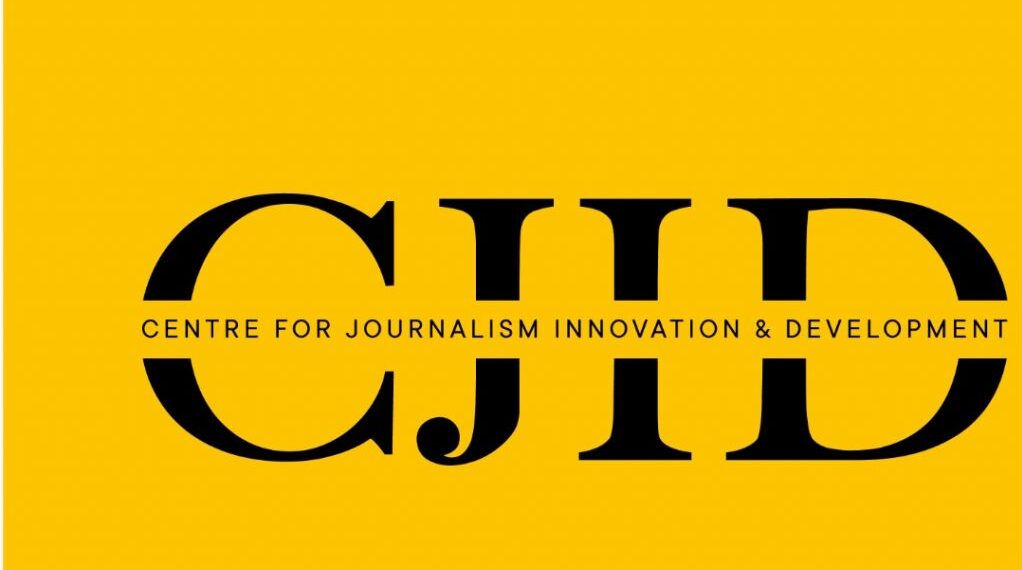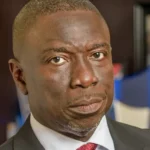A report by the Centre for Journalism Innovation and Development (CJID) has indicated that Nigerians do not believe there will be free, fair and credible elections during the upcoming Ondo and Edo polls.
The report titled, ‘Citizens’ Perception Survey of Forthcoming gubernatorial elections in Edo and Ondo States,’ stated that only 36% of respondents expressed confidence in the elections being conducted fairly and credibly while another 36% expressed scepticism about the judiciary’s impartiality in resolving election disputes.
It stated that the significant trust deficit poses a risk to voter turnout and overall engagement during the elections.
In a statement on Monday, it said the survey is part of CJID’s Media in National Election (MiNE) project that “Sought to understand public perceptions of electoral institutions and gauge citizen readiness to participate in these crucial off-cycle elections, scheduled for September 21 and November 16, 2024, respectively.
- Tinubu trying, he inherited near-bankrupt nation – Tafawa-Balewa
- Bauchi: Senator Buba donates to flood victims, asks gov to act
“Elections are fundamental to democracy, providing a platform for peaceful power transitions and citizen engagement. However, following recent general elections marked by voter apathy and contentious court rulings on election petitions, there is a critical need to assess how these factors might affect the upcoming gubernatorial races.
“The survey highlights a troubling trend of distrust towards electoral processes and institutions. Despite a substantial number of registered voters participating in the survey, only 25% were active members of political parties. Many respondents also questioned the ability of political parties to genuinely represent their interests. Media coverage of the elections was deemed fair by 57% of respondents, though many felt it was biased or indifferent. Social media was identified as the primary source of election information for 50% of respondents, underscoring the challenges of addressing misinformation and disinformation.”
It therefore recommended continuous civic and voter education as well as integrate voter education into school curricula and conduct targeted outreach to women, youth, and persons with disabilities.
It called for enhancing the media’s role in elections by encouraging media organisations to tackle information disorders and adopt a people-centered approach to election reporting.

 Join Daily Trust WhatsApp Community For Quick Access To News and Happenings Around You.
Join Daily Trust WhatsApp Community For Quick Access To News and Happenings Around You.


